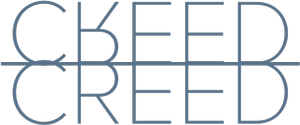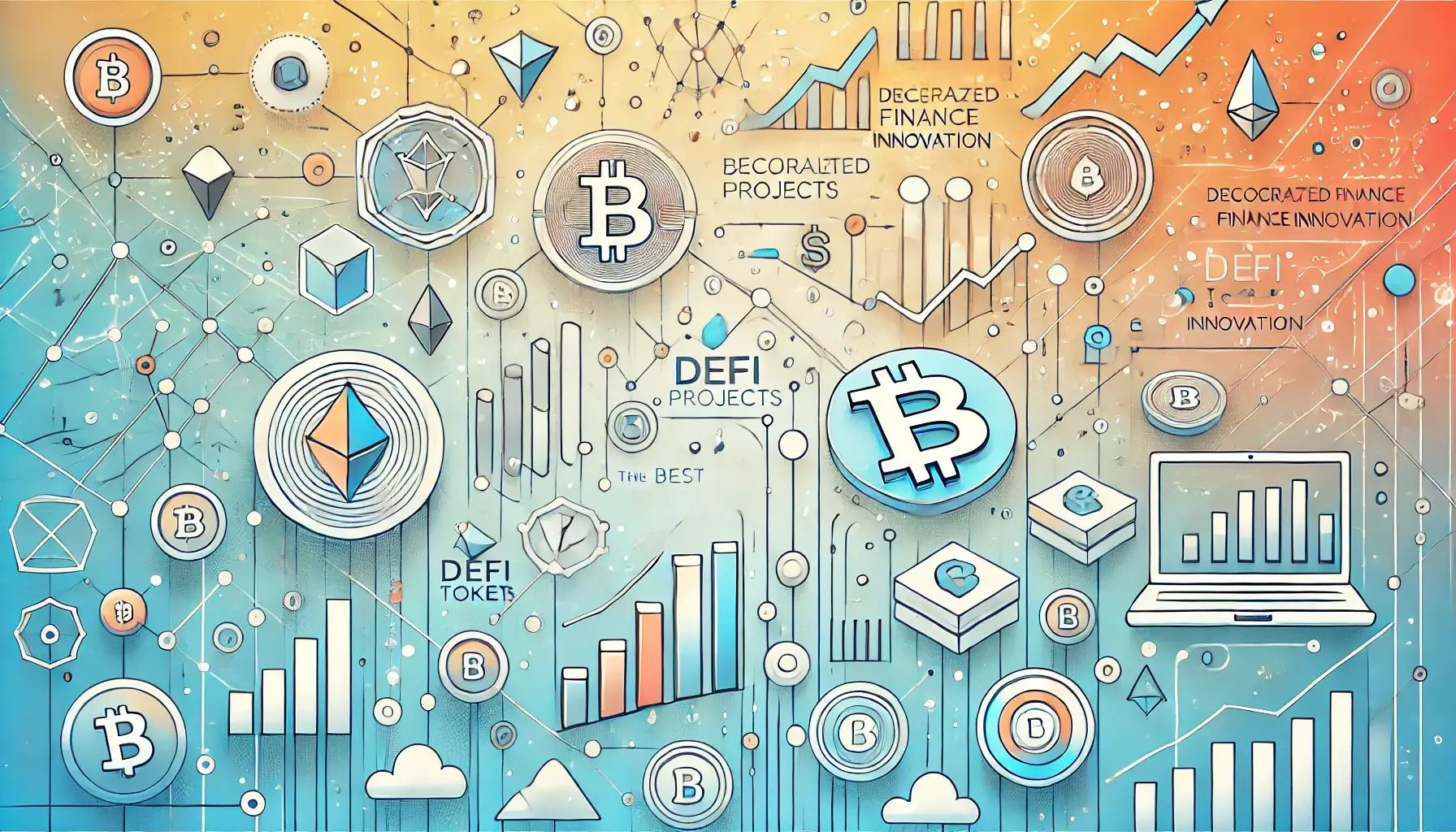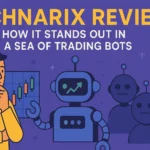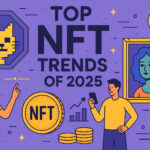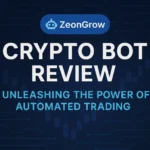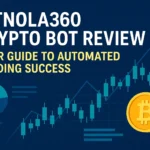Decentralized Finance (DeFi) has been one of the most groundbreaking innovations in the cryptocurrency space in recent years. It has enabled a range of financial services, such as lending, borrowing, trading, and investing, to be carried out on decentralized platforms without the need for traditional intermediaries like banks. As we enter 2023, the DeFi landscape has continued to evolve at a rapid pace, with numerous projects making strides in terms of innovation, adoption, and impact. In this article, we will take a deep dive into the best DeFi projects of 2023, exploring their unique features, benefits, and potential for growth.
Best DeFi Projects
Aave
Aave has maintained its position as one of the top DeFi lending platforms since its inception in 2017. The platform allows users to lend and borrow various cryptocurrencies, earning interest on their deposits while enabling borrowers to access credit without the need for a credit score or collateral. Aave’s innovative features, such as flash loans and credit delegation, have set it apart from competitors, allowing users to explore novel use cases and capitalize on arbitrage opportunities.
Uniswap
Uniswap is a decentralized exchange (DEX) built on the Ethereum blockchain that allows users to swap tokens without the need for a centralized intermediary. Its innovative Automated Market Maker (AMM) model eliminates the need for order books, relying on liquidity pools to facilitate trades. With its user-friendly interface and growing ecosystem of supported tokens, Uniswap has become the go-to DEX for many crypto enthusiasts.
Compound
Compound is a decentralized lending and borrowing platform that has gained significant traction due to its ease of use and attractive interest rates. Users can supply various cryptocurrencies as collateral, earning interest while also having the option to borrow against their deposits. Compound’s governance token, COMP, allows holders to participate in the platform’s decision-making process, ensuring that the community has a say in its development.
Yearn.Finance
Yearn.Finance is a DeFi yield aggregator that aims to simplify the process of earning interest on cryptocurrency deposits. The platform automatically searches for the best yield opportunities across various DeFi protocols, reallocating users’ funds to maximize their returns. Yearn’s native token, YFI, has become a sought-after asset in the DeFi space, with holders benefiting from the platform’s growth and revenue generation.
Synthetix
Synthetix is a decentralized derivatives platform that enables users to mint and trade synthetic assets, which are tokenized representations of real-world assets such as stocks, commodities, and cryptocurrencies. By leveraging blockchain technology and smart contracts, Synthetix allows users to gain exposure to a wide range of assets without the need for a traditional broker or exchange. The platform’s native token, SNX, is used for collateralization and staking, with holders earning rewards for supporting the ecosystem.
MakerDAO
MakerDAO is the organization behind DAI, a decentralized stablecoin pegged to the US dollar. Users can generate DAI by depositing collateral, such as Ether, into Maker’s smart contracts. The platform also features a decentralized governance system, with MKR token holders able to vote on various proposals that shape the development of the protocol. With its stability and decentralized nature, DAI has become a popular choice for DeFi users looking to avoid the volatility of traditional cryptocurrencies.
Curve Finance
Curve Finance is a decentralized exchange focused on stablecoin trading. Its unique bonding curve model aims to minimize slippage and provide optimal liquidity for users swapping between stablecoins. Curve’s governance token, CRV, allows holders to participate in platform governance and earn rewards from the platform’s trading fees. As stablecoins continue to gain prominence in the DeFi space, Curve Finance is well-positioned to capitalize on the growing demand for efficient and low-slippage stablecoin trading.
Balancer
Balancer is an innovative Automated Market Maker (AMM) and decentralized exchange that allows users to create custom liquidity pools with multiple tokens and varying weights. This flexibility enables users to design their own investment portfolios and earn trading fees as liquidity providers. Balancer’s native token, BAL, plays a crucial role in governance and incentivizing users to contribute to the ecosystem.
SushiSwap
SushiSwap is a decentralized exchange that started as a fork of Uniswap but has since evolved into a full-fledged DeFi ecosystem. It offers features such as token swaps, yield farming, and lending services through its platform, Kashi. SushiSwap’s native token, SUSHI, is used for governance and provides users with a share of the platform’s revenue through staking.
Chainlink
Although not exclusively a DeFi project, Chainlink plays a vital role in the DeFi ecosystem as a decentralized oracle network. It securely provides external data, such as price feeds, to smart contracts, enabling the seamless functioning of various DeFi applications. Chainlink’s native token, LINK, is used to compensate node operators for their services, ensuring the reliability and accuracy of the data provided.
Bancor
Bancor is a decentralized exchange and liquidity protocol that introduced the concept of Automated Market Makers to the DeFi space. Its unique single-sided liquidity provision allows users to stake tokens without the risk of impermanent loss, a common issue faced by liquidity providers in other AMM-based platforms. Bancor’s native token, BNT, is used for governance and to facilitate liquidity provision within the protocol.
dYdX
dYdX is a decentralized trading platform that offers advanced trading features such as margin trading, perpetual contracts, and options. By leveraging smart contracts, dYdX aims to provide a seamless and secure trading experience for users who seek sophisticated financial instruments within the DeFi ecosystem. The platform has its native token, DYDX, which is used for governance and fee reduction.
UMA
UMA (Universal Market Access) is a DeFi protocol that enables users to create and trade synthetic assets through self-executing smart contracts. UMA’s infrastructure allows developers to design custom financial products, opening up a world of possibilities for new and innovative DeFi applications. The platform’s native token, UMA, serves as a governance token and a mechanism for ensuring the integrity of the protocol.
Conclusion
The DeFi landscape in 2023 is characterized by a wide array of innovative projects that are pushing the boundaries of traditional finance. From lending and borrowing platforms to decentralized exchanges, synthetic asset creation, and advanced trading features, the DeFi ecosystem offers an extensive range of services and opportunities for users to explore. As the space continues to mature and evolve, we can expect to see even more groundbreaking developments that will shape the future of finance and redefine the way we interact with financial services.
